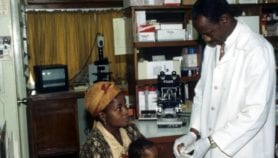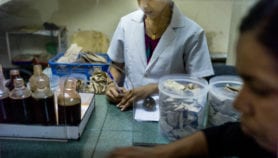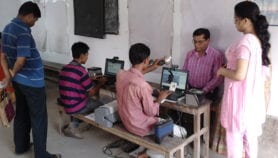Send to a friend
The details you provide on this page will not be used to send unsolicited email, and will not be sold to a 3rd party. See privacy policy.
One way to help stem the global HIV/AIDS epidemic is to give sex workers a drug that reduces their chances of infection. Tenofovir is one such drug, but the past year has seen two important clinical trials of the drug — one in Cambodia and one in Cameroon — disrupted by activists who alleged they were unethical.
In this article in PLoS Medicine, Jerome Singh and Edward Mills — HIV/AIDS researchers in South Africa and Canada — argue that these disruptions emphasise the need for stakeholders to engage with one another throughout a clinical trial.
Singh and Mills believe that activism can play an important role in ensuring that researchers and sponsors act ethically, but insist it should be “based on informed opinion and communication”.
Irresponsible activism and reporting may result in the drug under study being rejected by patients if it is eventually licensed, they say.
All stakeholders must keep sight of the ultimate goal, they say, of combating HIV/AIDS. This requires better communication early on in planning such trials, they add.













